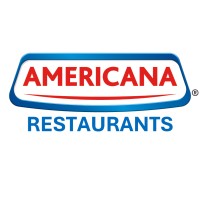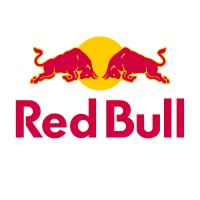
Americana Restaurants
Americana Restaurants is the largest restaurant operator in the MENA region and Kazakhstan in terms of number of restaurants in its countries of operations. Americana Restaurants operates iconic global brands such as KFC, Pizza Hut, Hardee’s, Krispy Kreme and TGI Fridays, along with proprietary brands such as Wimpy and Chicken Tikka across the MENA region and Kazakhstan for almost fifty years. The strength of Americana Restaurants is in the diversity of its portfolio which covers some of the most popular food categories including QSR, casual dining, indulgence, and coffee. Americana leverages the worldwide appeal and recall of its iconic brands, sustained focus on customer satisfaction, implementation of digital measures to increase efficiency in operations and enhance the customer experience. It replicates, improves and adapts to local tastes the tried-and-tested dining solutions from some of the world’s most popular brands with multi-decade global brand equity and high embedded customer trust, appeal and preference.






